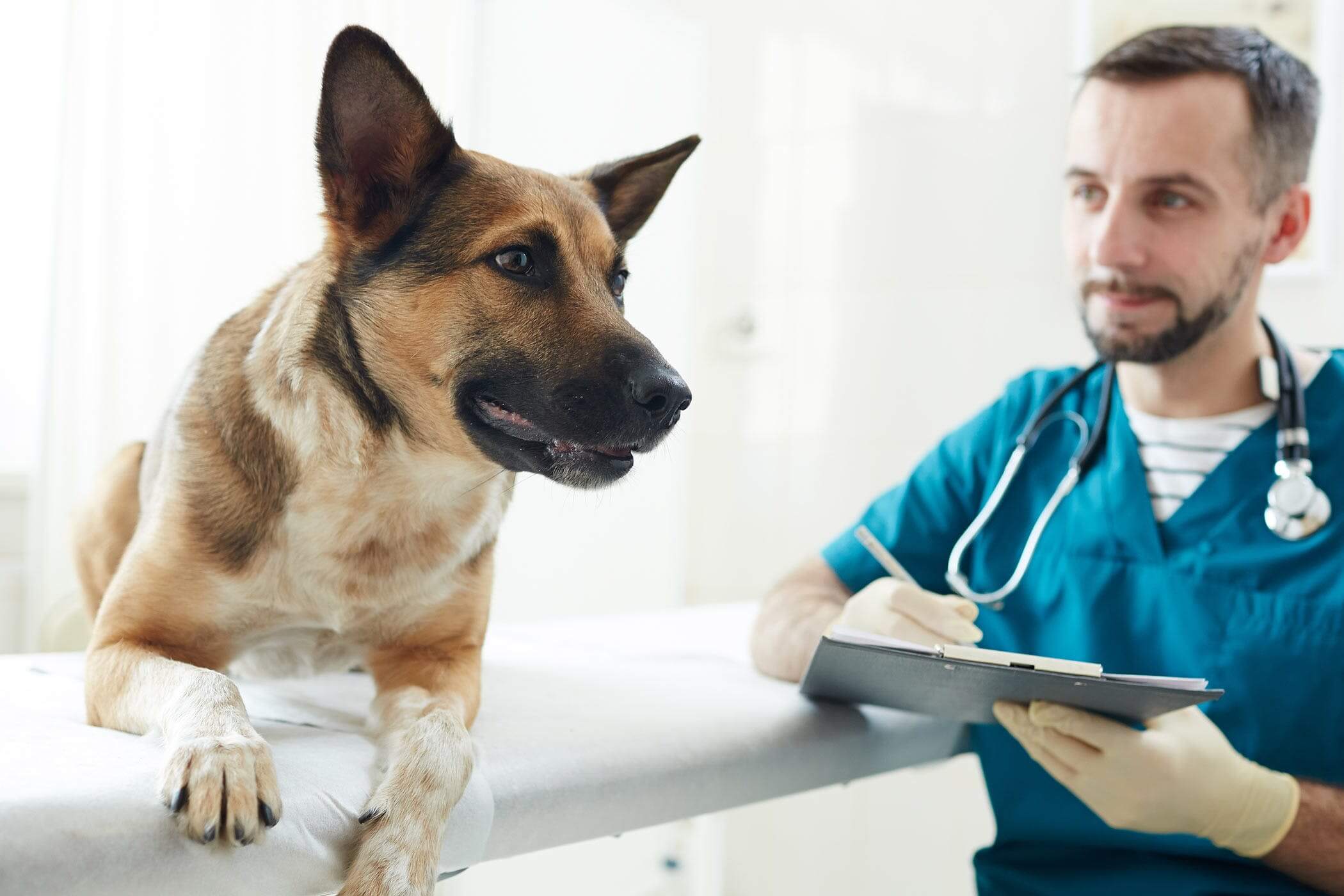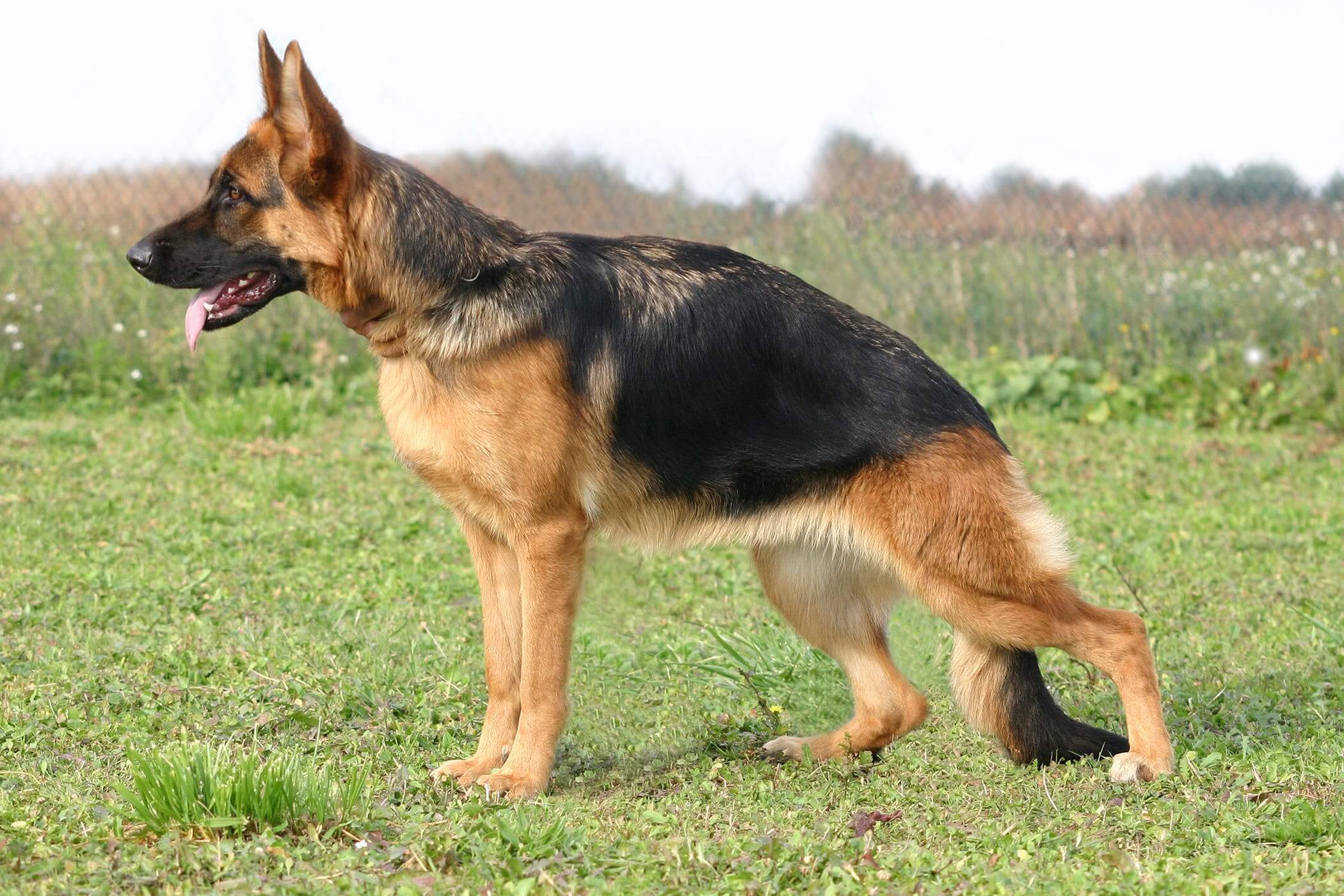Some veterinarians believe that dogs don't get hemorrhoids. The only case in which one could diagnose piles in dogs , would be due to certain tumors.

Health Problems Which Are Often Mistaken As Hemorrhoids In
A lot of times with these dogs, you’ll see diarrhea or strain or something else that actually produces the hemorrhoid.

Do dogs get hemorrhoids. As a responsible horse owner, it’s key to understand the common vital signs of your equine companion, especially throughout the taxing summer months. The short answer is that yes, a dog can get hemorrhoids just like a person does. Dog hemorrhoids are very rare, but they do require medical attention when they occur.
Dogs can have a variety of problems associated with the anal glands, which are located on either side. However, the condition is quite rare. Dog hemorrhoids or dog piles have often been debated for veterinarians, with two very distinct sides.
How to treat your dog's hemorrhoids. Yes, dog hemorrhoids are real, and the best thing you can do is help your pooch get relief. Other recent posts from our blog.
So can dogs get hemorrhoids? There are other health problems that owners might mistake for dog hemorrhoids, like anal gland issues or prolapsed rectum. Instead, it is much more likely that a dog has one of the more commonly seen anal problems that are often mistaken for hemorrhoids by owners, including anal gland problems, perianal tumors, perianal hernia, perianal fistula, rectal polyps, or rectal prolapse.
rectal prolapse is an uncommon condition in which rectal tissue protrudes through the anal opening. This is mostly because of a dog’s anatomy. Like human hemorrhoids, dog hemorrhoids too require proper medical attention, and treatment usually.
These tumors can grow into the anorectal area and modify, increase pressure, inflame and cause a prolapse in the entire anal area. In fact, dog hemorrhoids are so rare that rectal tumors and other diseases are commonly confused by dog owners as hemorrhoids. Some vets say they don't get them, that the dog's body is not set up like ours is, with a vertical digestive system, for the blood pressure to build there.
Common vital signs you should know on your horse. However, they are not typically expected in practice, and if you suspect hemorrhoids, chances are your dog has some other pathology. Hemorrhoids are a common issue for both humans and animals, like dogs.
Well, fortunately, dogs do not get hemorrhoids as their system is much different from that of a human being and similarly their gastrointestinal system is much different than that of any human being. It’s actually really rare for a dog to suffer from hemorrhoids. Therefore, because of this difference in body structure, dogs do not actually suffer from hemorrhoids.
Hemorrhoids are essentially swollen blood vessels that form either inside of the rectal area or on or around the anal opening. Even though dogs don't get hemorrhoids, they can get other problems in their nether regions that you as their pet parent need to be aware of, such as anal tumors, a prolapsed rectum, or anal gland problems. Even though dogs don't get hemorrhoids, they can get other problems in their nether regions that you as their pet parent need to be aware of, such as anal tumors, a prolapsed rectum, or anal gland problems.
They are usually internal but can also protrude externally. For humans, hemorrhoids are swollen blood vessels located in the lower anus or rectum. As we walk on two legs and they walk on four legs so our gastrointestinal system is vertical which actually promotes the problem of hemorrhoids in human beings.
Dogs can get hemorrhoids, but they are not very common. These vets claim that people get hemorrhoids because they walk on two legs, forcing their digestive system and intestines into a suboptimal vertical position. Some veterinarians believe dogs can't get hemorrhoids as their digestive tracts are in a more optimal horizontal position due to them walking on four legs.
The answer is yes, although the chances are much smaller and the condition can often be confused with other medical problems that commonly afflict the dog’s rear end. Hemorrhoids are blood vessels in the area of the rectum and anus that have swollen. Dogs don’t have hemorrhoids, they do possess other issues, like anal tumors and prolapsed rectums.
They occur when blood vessels in your dog's rectum or anus become enlarged and bulge due to increased blood flow. Dogs can get hemorrhoids, but that is very uncommon. If you suspect your dog might have them, it would be best to visit your vet and see what they say about your dog’s physical condition.
Dogs (nor cats) can have hemorrhoids; It’s still important to keep an eye on your pets’ nether regions when they go to. Although hemorrhoids are very rare in dogs, people are frequently searching for symptoms of hemorrhoids in dogs.
Here's what you should know about hemorrhoids in dogs. Yes, but the answer isn’t quite so simple. Hemorrhoids in dogs aren’t as common as you would think, and usually they are the result of some sort of intestinal disease.
Yes, this painful and gruesome condition can also affect our beloved pets. Although dog hemorrhoids are similar to human hemorrhoids, the incidence of hemorrhoids in dogs is much lower. If you notice bleeding from your dog’s rectum, pain, or discomfort when it attempts to sit, you should talk to your veterinary as soon as possible.
Dogs can also get hemorrhoids. However, dogs are subject to a number of other conditions affecting the anal area. Hemorrhoids alone, if they are left unattended, can actually become more problematic as well.

Health Problems Which Are Often Mistaken As Hemorrhoids In


